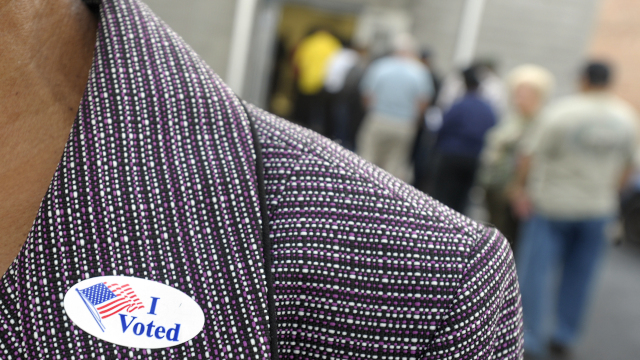California's fall ballot shrank late Monday afternoon when the state Supreme Court blocked Proposition 49, an advisory measure that sought to take the electorate's pulse on a flashpoint issue in the national debate over money in politics.
In a 5-1 ruling, the justices ordered Secretary of State Debra Bowen to pull Prop 49 out of election preparations until the legal case is resolved. With the looming deadline for those materials to be printed, the decision effectively removes the measure altogether from the Nov. 4 statewide ballot.
While the main ruling offers no real reason for the decision, a lengthy concurring opinion written by Justice Goodwin Liu offers a resounding rebuttal to legislators who wanted voters to weigh in on the landmark 2010 U.S. Supreme Court ruling in Citizens United v. FEC.
"Our [state] constitution," wrote Liu, "makes no provision for advisory questions, because such polling of the electorate by the Legislature is in tension with the basic purpose of representative as opposed to direct democracy."
In short, said Liu, California's legislators have no defined power to place advisory measures on the ballot, only those that give the voters the power to authorize government action.

